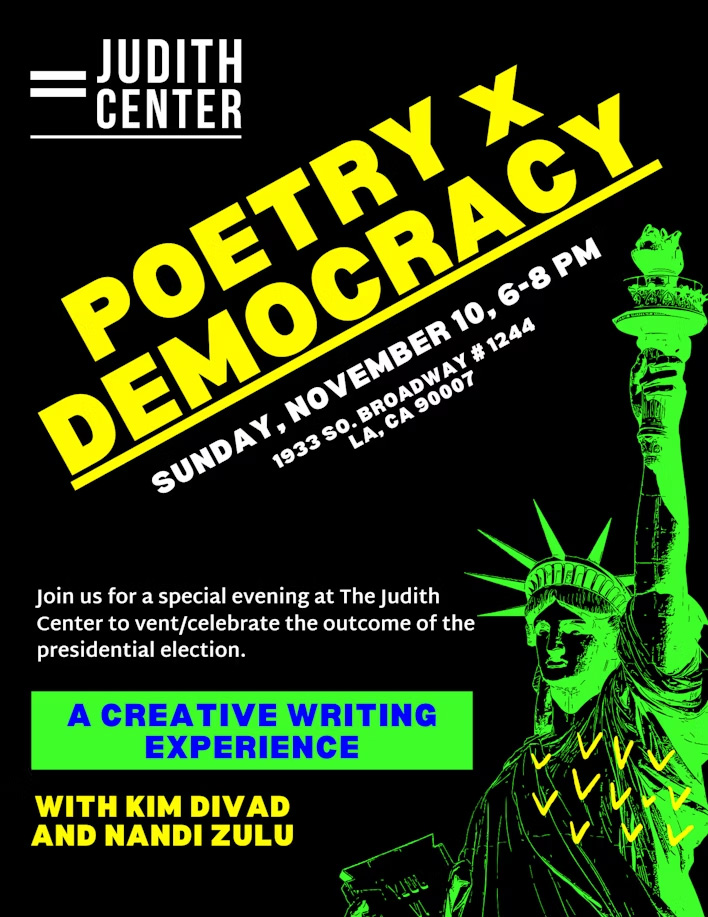
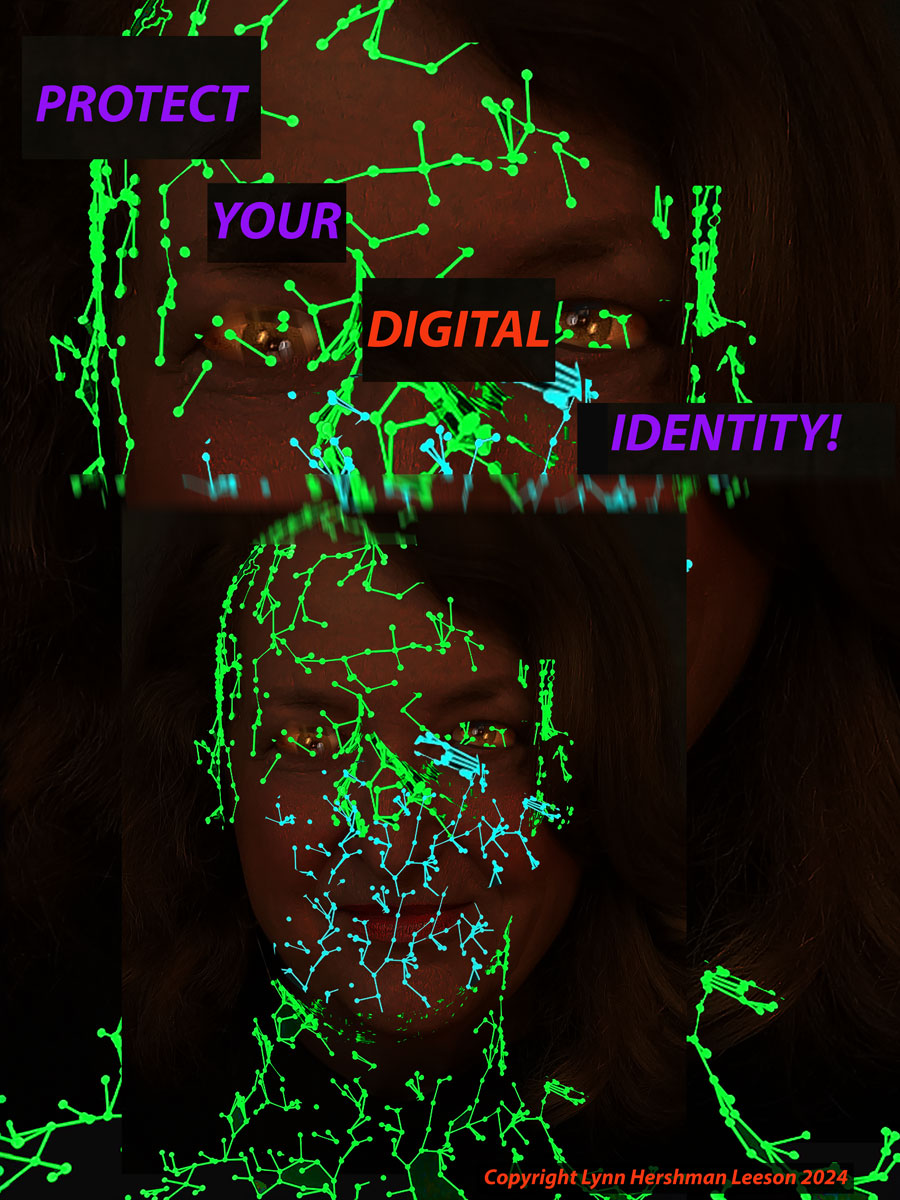
In October, The Judith Center launched its first major initiative, The Judith Center Poster Project, occurring over five years in partnership with numerous university art museums across the U.S. The project will feature new works made by 50 American artists, reflecting contemporary concerns about equality, and will be accompanied by educational programs.
The first phase of the project, Freedom in the Automation Age, debuted at MSU Broad Art Museum and featured newly commissioned posters by Lynn Hershman Leeson, Lauren Lee McCarthy, Warren Neidich, abbi page, Martine Syms, and Linda Vallejo. The artistsí works speak to intersections of gender and how the commercialization/weaponization of new technology (such as AI) is resulting in an increasingly restricted space for individual freedoms, both in democratic processes and beyond.
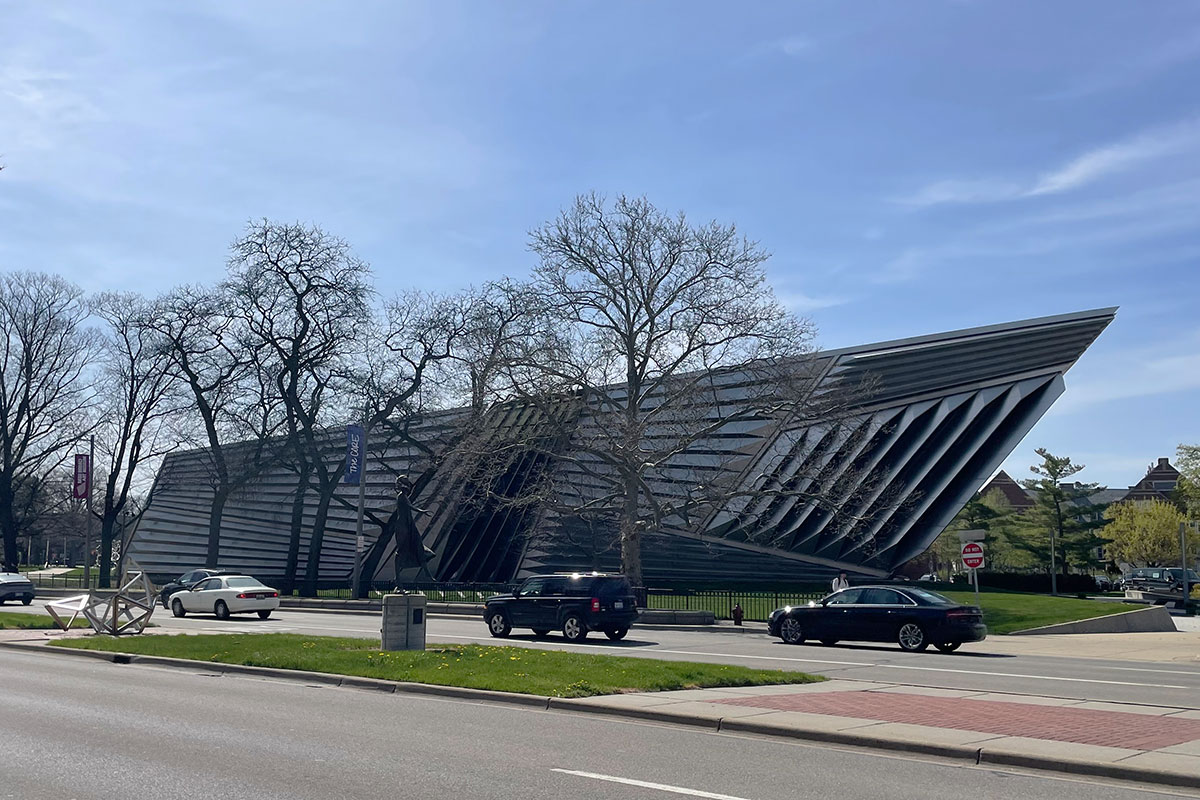
The growing presence of Artificial Intelligence (AI) is encroaching upon our democratic freedoms. On October 29, The Judith Center hosted a cross-disciplinary conversation addressing AIís influence on electoral politics and representation. Speakers examined critical recent events to discuss AIís amplification of cultural biases, its myriad products—ranging from biofeedback apps, to interactive avatars, to marketing bots—that affect our electoral processes, as well as ongoing efforts by government and the private sector to regulate this technology.
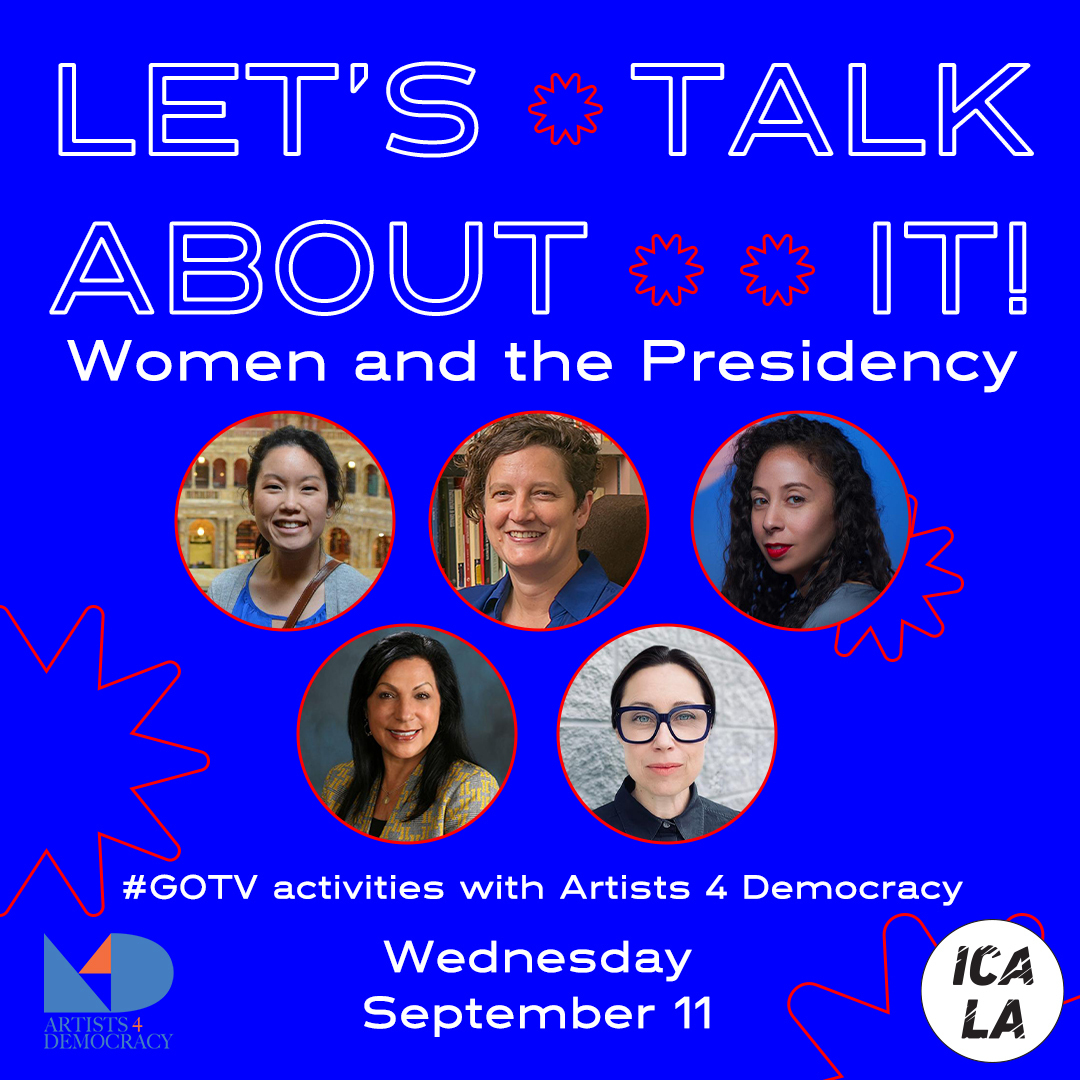
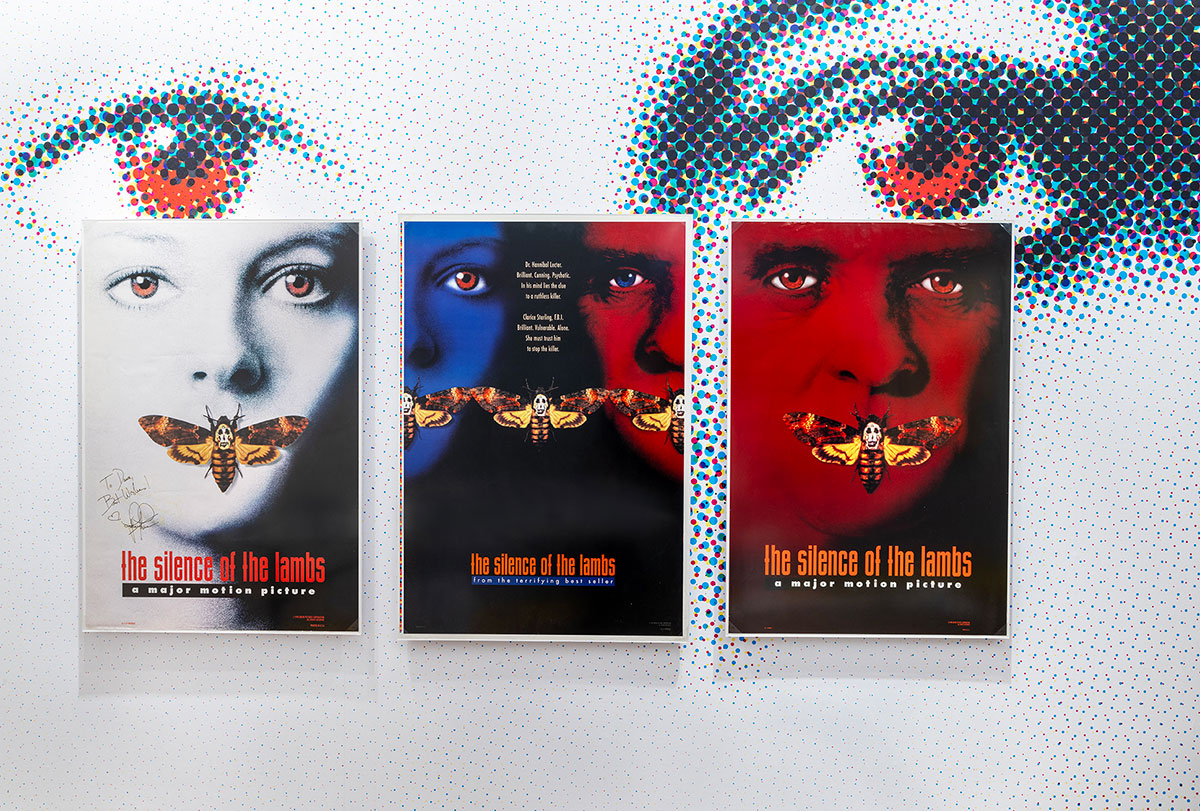

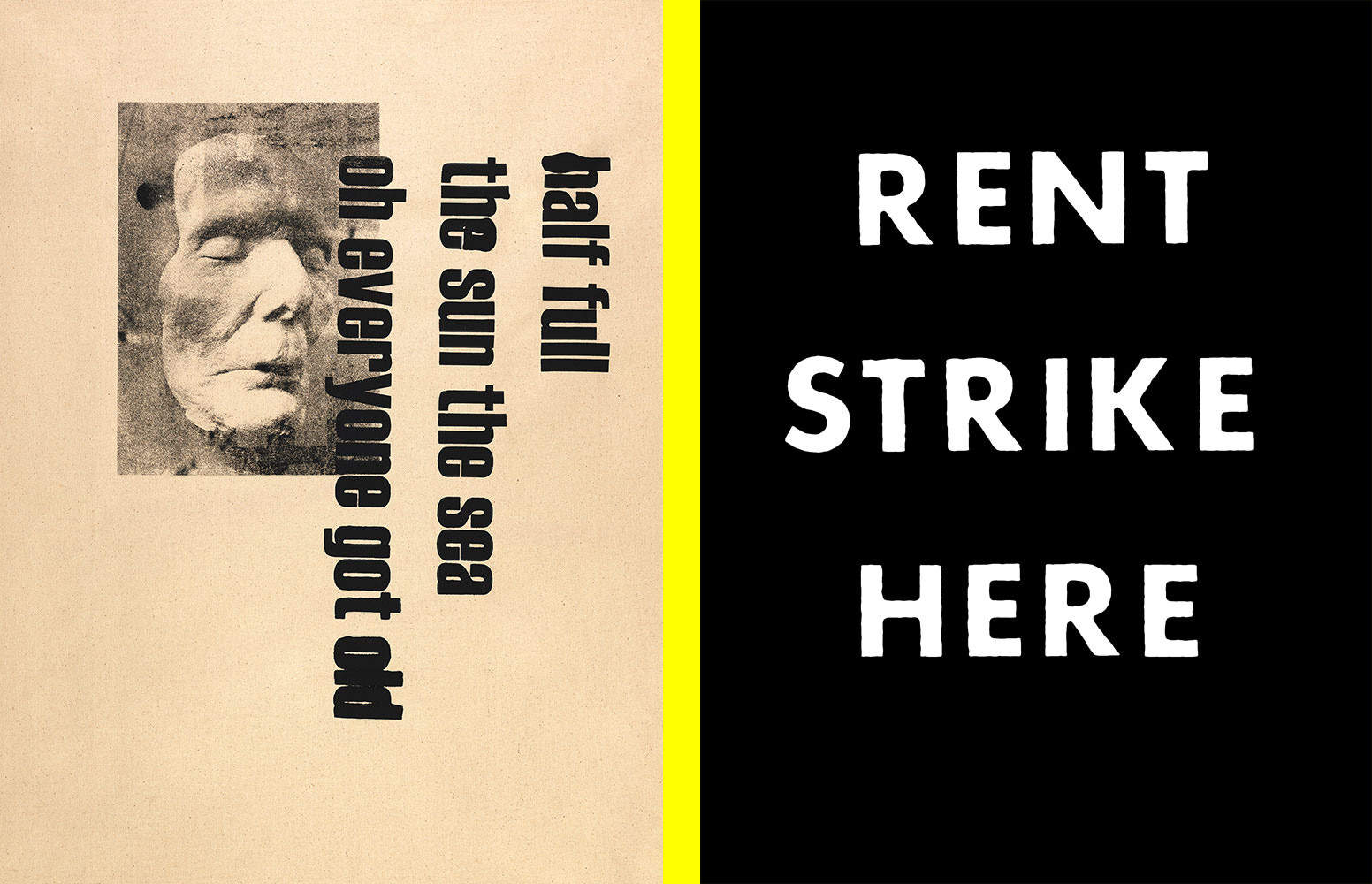
At Felix Art Fair, we presented our first curatorial project, "Women in Print: Expanding the LA Canon," with The Center for the Study of Political Graphics. We displayed historical posters made by women artists in the LA area from the 1970s-90s, including Favianna Rodriguez, Sister Corita Kent, the Guerilla Girls, Barbara Carrasco and many more.
We were honored to work with nine contemporary artists, who we commissioned to make new response posters that address the ongoing presence of sexism, including Sandrine Abessera, Eve Fowler, Mariah Garnett, Raul Guerrero, Muna Malik, Nicole Miller, Erika Rothenberg, and Kang Seung Lee.